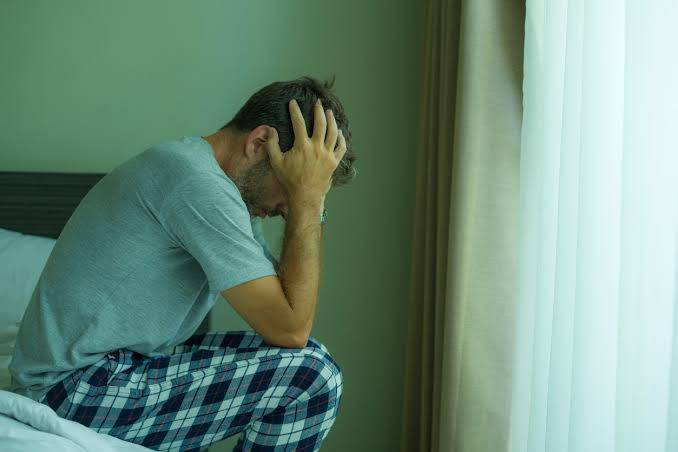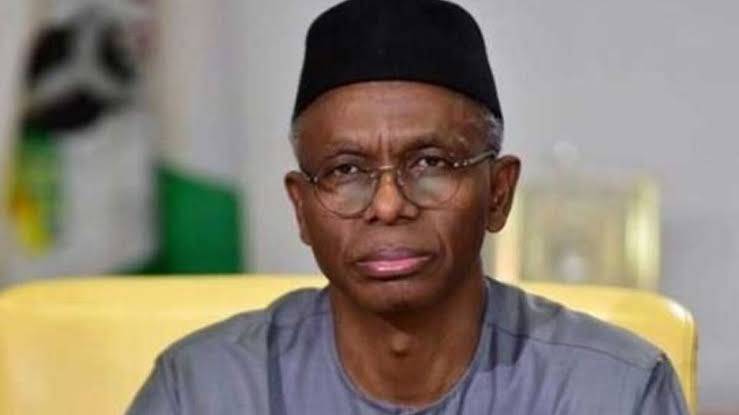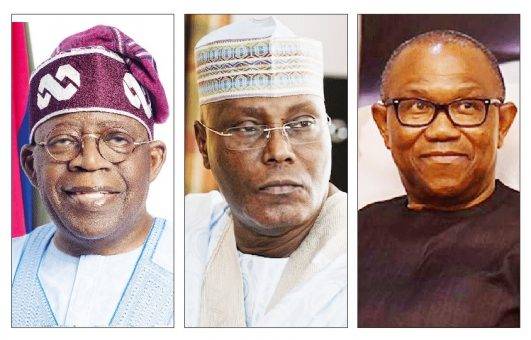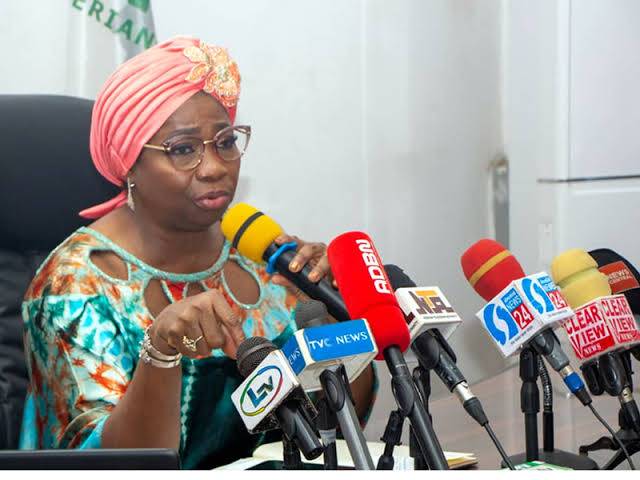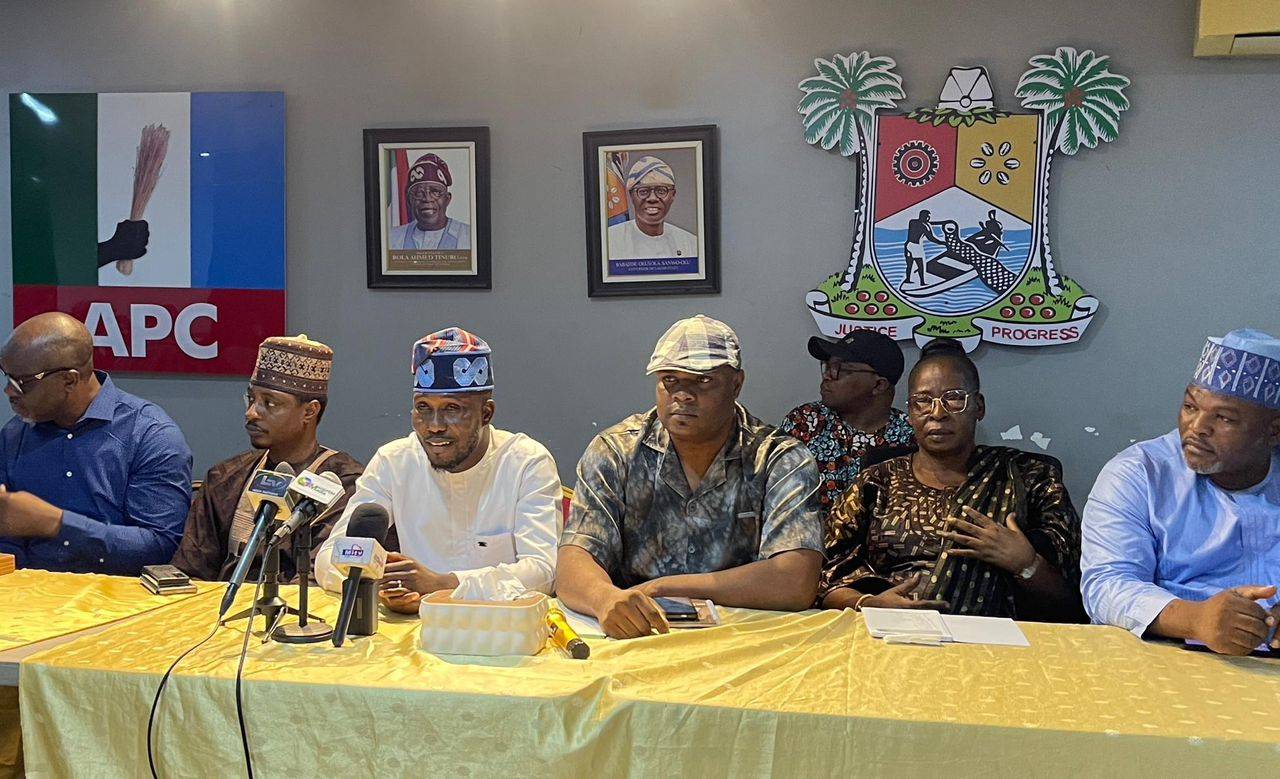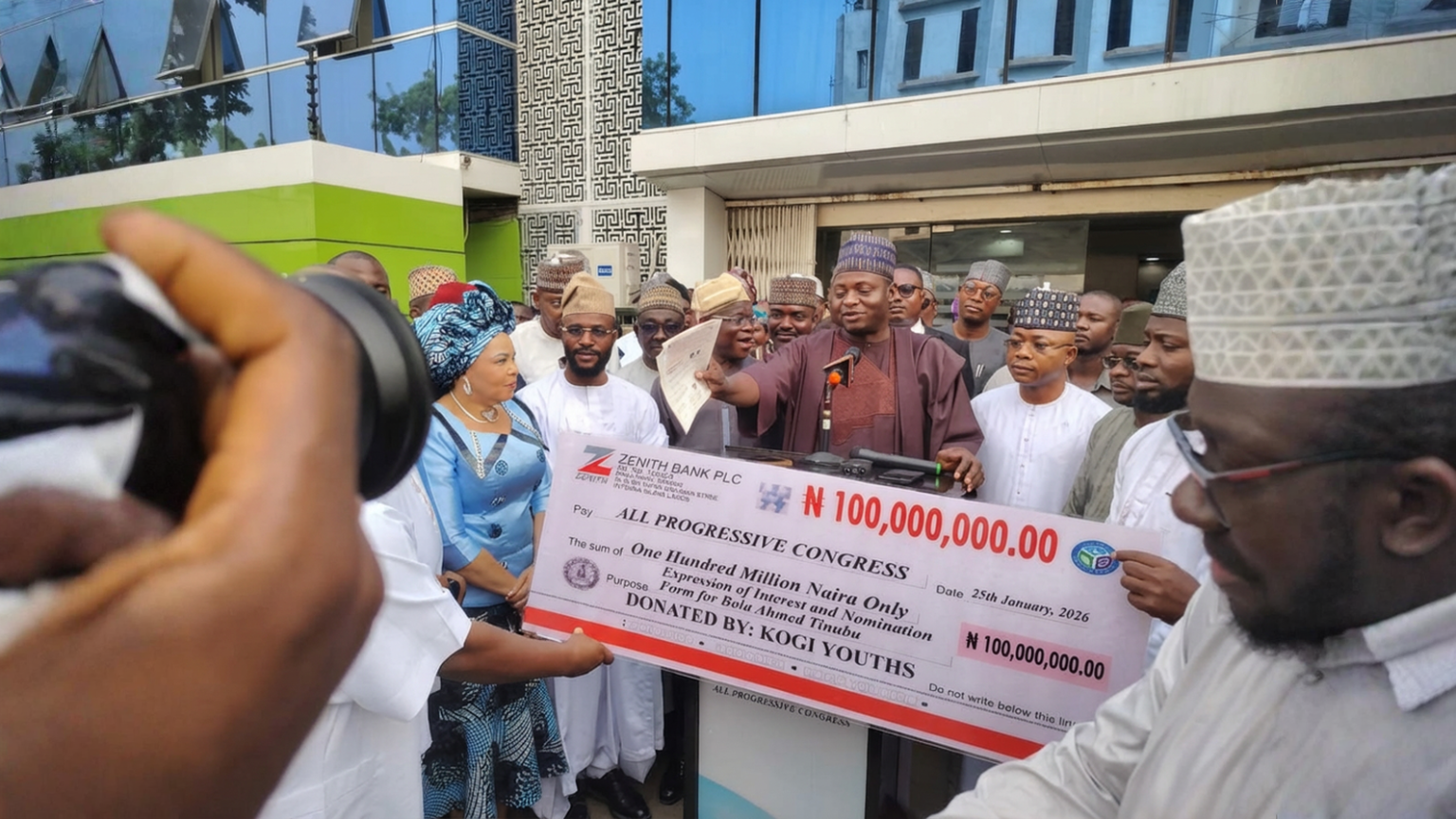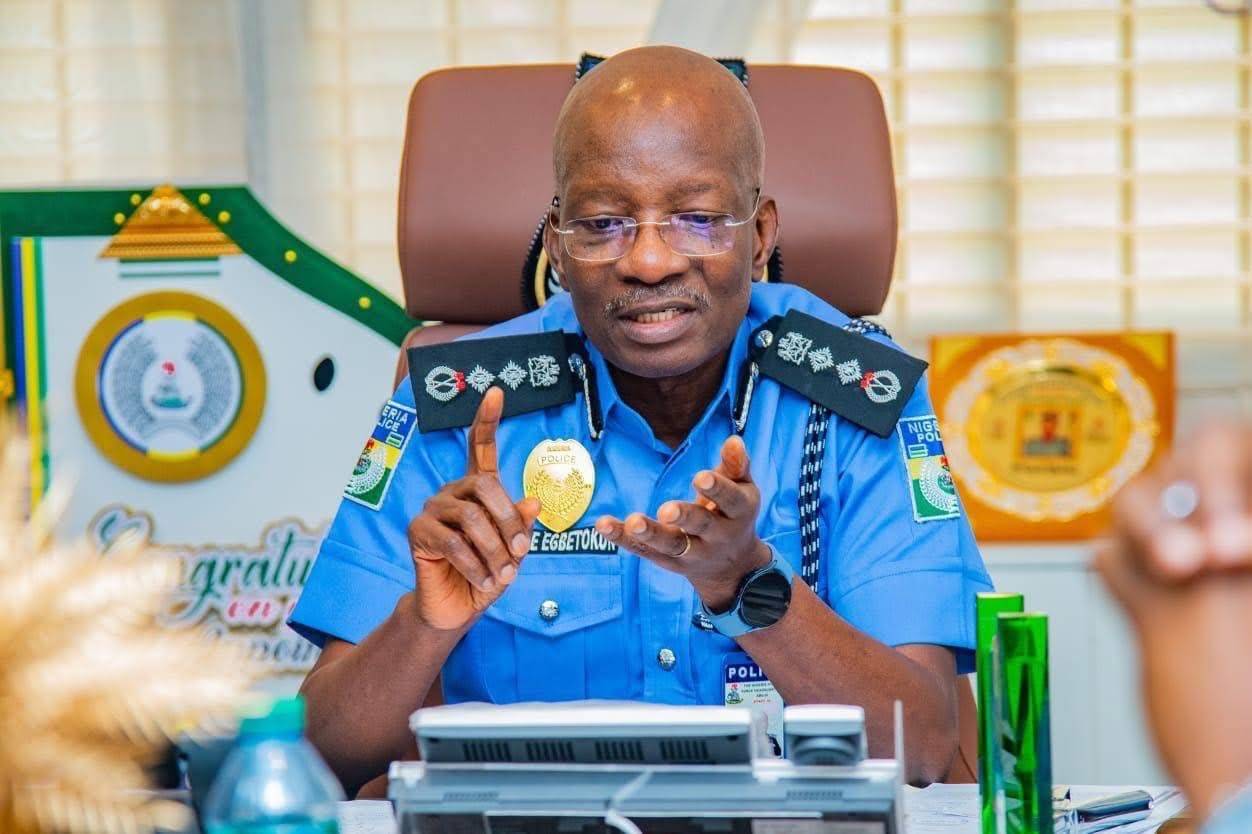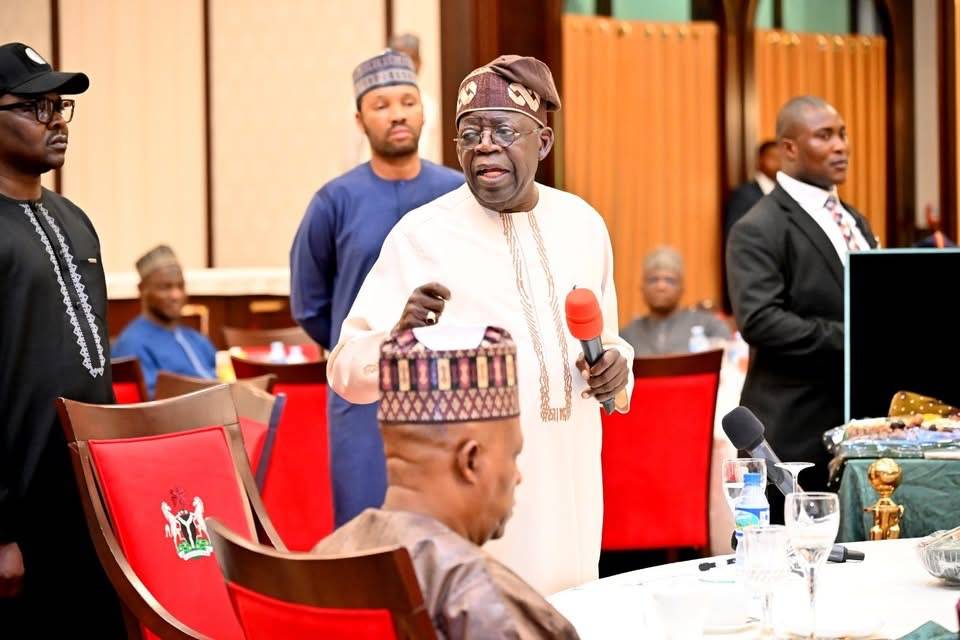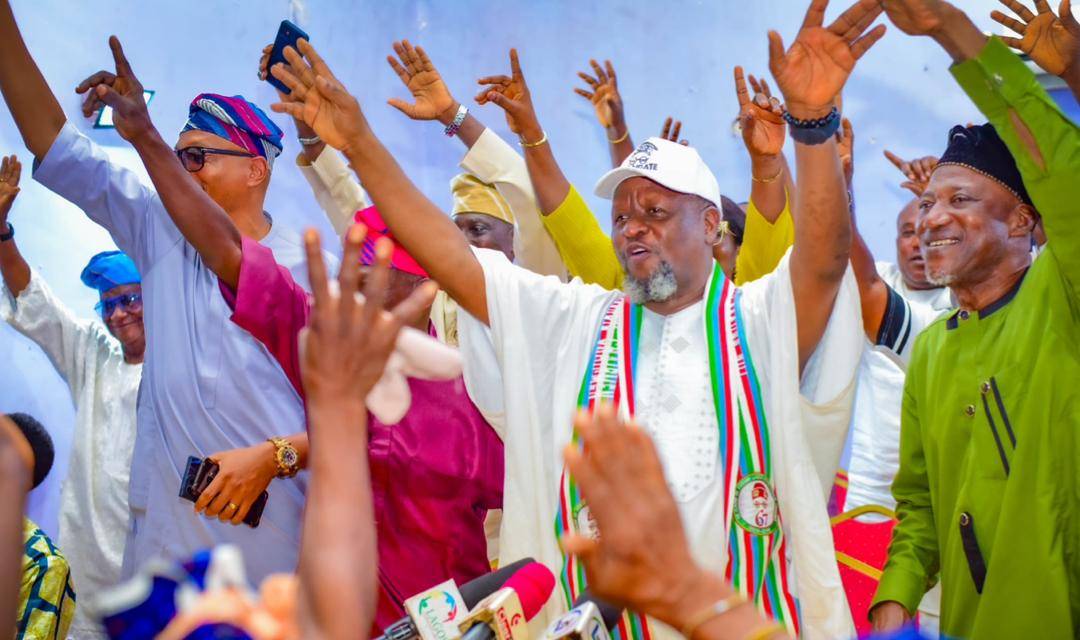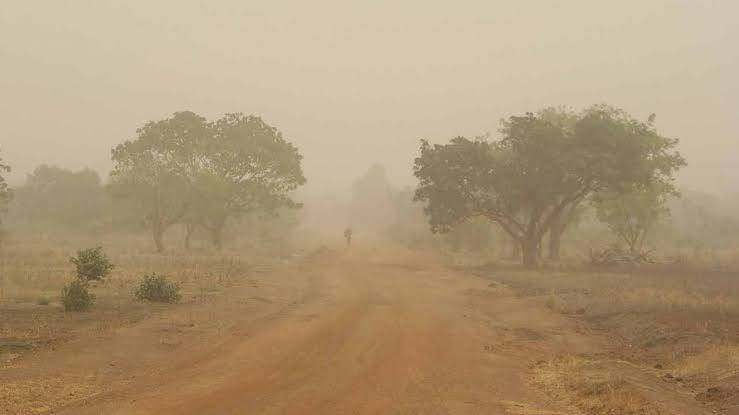Prof. Eugenia Akpa, a Gender Studies scholar and mental health advocate, has called for greater attention to the mental well-being of men affected by conflict.
She emphasised the need to prioritise support for those living in Internally Displaced Persons (IDP) and refugee camps.
Akpa said this in an interview with the News Agency of Nigeria (NAN) on Sunday in Abuja.
She stressed that while the needs of women and children were often prioritised, the psychological trauma faced by men in such settings was frequently overlooked.
Akpa explained that men were often on the frontlines of conflict, facing direct exposure to violence, death, or the loss of their roles as family protectors.
“Those who survive often struggle with shame, helplessness, and loss of identity.
“Men are not expected to be in camps. They’re expected to be at the battlefront.
“But those who survive, elderly, injured, or unable to fight, end up in camps with women and children. The loss of control and identity can be deeply traumatic,” she said.”
Akpa noted that such men were sometimes consumed by feelings of failure, shame, and loss of dignity,particularly when they could no longer provide for or protect their families.
“In the camp, they are at the mercy of aid. That alone, being unable to act as provider, causes psychological strain,” she added.
She warned that, left unaddressed, the feelings could manifest as withdrawal or aggression, including dominance and gender-based violence, as some men attempted to reassert control.
“Some still stamp their masculinity with violence, saying, ‘I’m still the man.’ This is part of why gender-based violence thrives in camps,” Akpa explained.
She called for mental health interventions specifically designed for men in camps, including counselling, awareness, and gender-sensitive support.
“Such men must first accept that, in spite of being men, they are still human beings affected by crisis.
“Understanding and accepting this new vulnerability is key to recovery,” she said.
Akpa urged humanitarian workers and host communities not to stigmatise such men, but instead support them as they work toward recovery and reintegration.


